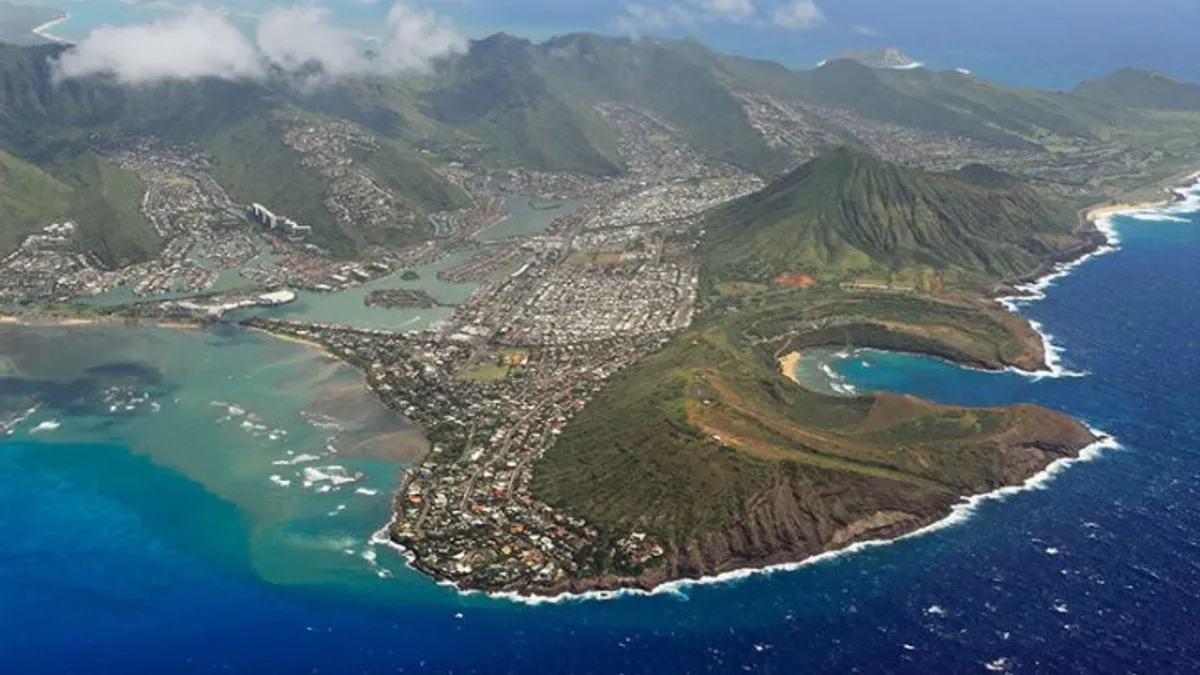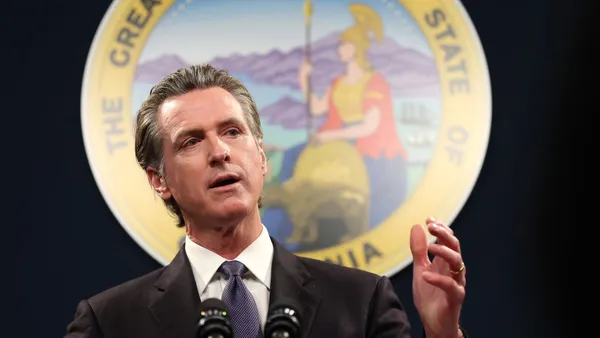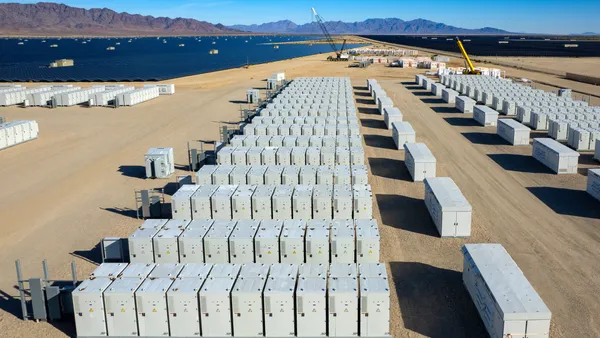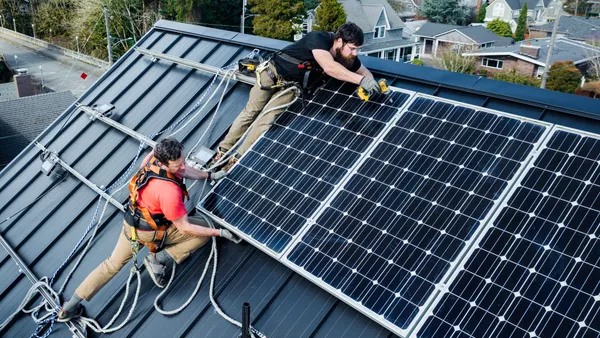Dive Brief:
- A measure to provide tax credits for energy storage installations failed to make it out of a Hawaii Senate committee, Pacific Business Reports, leaving just one other storage-related incentive before lawmakers.
- House Bill 1593 would establish a cash rebate system for energy storage installations, and a public hearing will be held today.
- As Hawaii looks to boost renewable energy on its system, lawmakers have struggled to incentivize energy storage. A bill similar to HB 1593 failed to advance last year, though not for reasons related to policy.
Dive Insight:
According to the legislation, the H.B. 1593 seeks to "reduce some of the oversight of the green infrastructure loan program to encourage more rapid deployment of loans," and to assist Hawaii’s "underserved residents" by using dormant funds from the Hawaii green infrastructure loan program to create a clean energy savings jump start program.
That new program would be focused on deploying funds to assist disadvantaged communities with investments in clean energy and energy efficiency, the bill states.
The state is looking to power its grid with 100% renewable energy by 2045, and Hawaiian Electric Co. recently filed a Power Supply Improvement Plan with the state's Public Utilities Commission, outlining how it will reach that goal by 2040 — five years ahead of the state's mandated target. To get there, battery storage will need to play a major role.
By 2020, the island of Molokai will be powered by 100% renewables through a proposed mix of solar, wind, battery storage and biofuels. In that same period, Hawaii Island is forecast to reach an RPS of 80%, Maui 63%, and 40% on Oahu, where most of the state's population is located.
The energy storage tax credit bill was deferred by the Senate Transportation and Energy committee last month. A similar measure last year would have offered tax breaks for 25% for installation of storage. Renewable advocates have now pinned their hopes on the cash rebate bill as a way to boost storage deployment.















